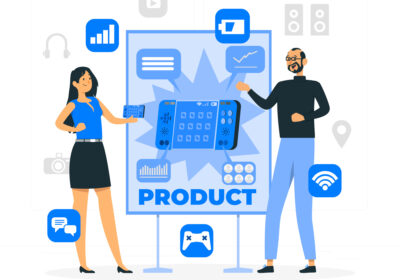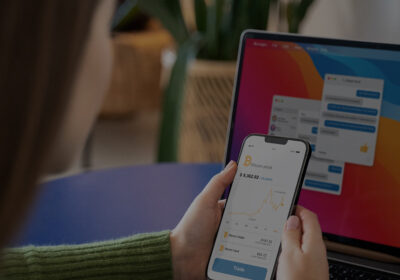The reputation of the mobile app development company is fragile to be honest. If the app underperforms, the developer’s reputation is affected. If the app fails in the market, the developer’s reputation is affected. The users don’t have a good experience using the app, the developer’s reputation is affected. However, it’s not something that can’t be fixed. A few good practices can restore the developers’ reputation or grow it considerably.
What most developers often don’t give much importance to is the app’s security features, unless the app handles financial transactions. Even if the app is non-commercial and made solely for entertainment, it still may require access to the mobile users’ personal information. So users obviously expect the app to use that information wisely i.e. they just assume that the app is secure. It’s up to the developers to make sure the users are right about them. Mobile app security is vital for the app’s success, and subsequently the developer’s reputation.
With that out of the way, let’s take a look at 5 ways developers can deliver great mobile app security.
1. Use encryption
Encryption is one of the best ways to secure a mobile application. Using powerful encryption techniques to secure data transmissions from the mobile device reassures users that their data is safely handled by the app. The data won’t make sense to cyber-attackers.
2. Extensive testing
Good development companies will obviously perform testing that covers all important aspects of the app. But developers should be aware that even the smallest gap in security can be exploited by cyber-attackers. The testing done for the app shouldn’t leave any stones unturned while also making sure that the visitors get a great experience using the app.
Present day technologies facilitate automated testing that reduces a lot of effort for testers while they can direct their attention to testing the most critical features of the app. This requires a deep understanding of mobile technologies and effective project management skills in addition to prepare a timeline for both development and rigorous testing.
3. Prototyping
Prototyping makes it very easy for developers to keep track of their progress. The prototype app also serves as a restore point for developers while they go about developing the application. Prototypes also give the developers an early feedback of the app helping them improve the final version of the app. It can also make it easier for developers to identify security gaps that can be exploited.
4. Better integration with hardware architecture
The developers should make sure the app can run on a variety of devices, and should mention the list of compatible devices in the app description. Certificates from compatible devices will help the application integrate its source code with the hardware’s architecture effectively. This also solidifies the app’s security mechanisms, which would then work in conjunction with the mobile device’s built-in security features.
5. Remote data wipes
This is a staple of enterprise mobile security policies allowing the user to wipe all personal data remotely if he/she loses the device. Remote data wipe options are generally limited by device type, mobile OS versions etc. Though it’s an emergency measure, the existence of such a feature reassures users that the app development company values personal data protection that much.
Conclusion
Recent cyber-security breaches and exploits that made news have made people rise many concerns on the security of digital solutions and services including apps.
Google itself has emphasized the significance of mobile security guiding companies providing Android development services to keep working on improving app security for users. In this age, with all our data flowing between servers, every app in use that require personal information should feature stringent security mechanisms. The methods mentioned in this blog hopefully guide developers to secure mobile apps right from the beginning of development.





